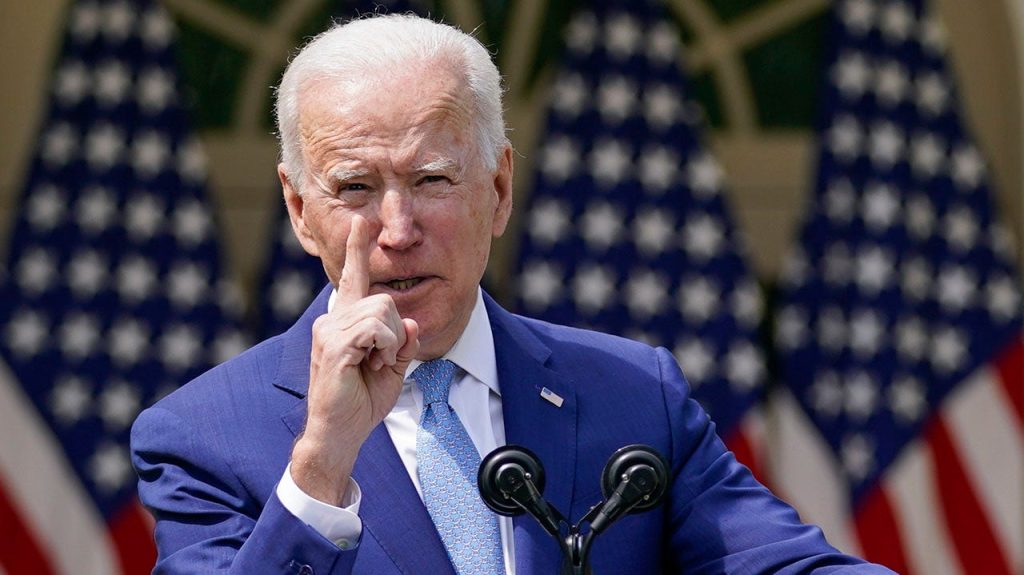President Biden’s use of executive privilege to avoid releasing audio recordings of his interviews with Special Counsel Robert Hur has drawn criticism from legal experts. Biden asserted executive privilege over the recordings at the request of Attorney General Merrick Garland, with White House press secretary Karine Jean-Pierre citing the need to protect law enforcement files. However, some experts argue that this move is “extremely problematic” and purely political, as the transcript of the interview has already been released. John Malcolm of the Heritage Foundation believes Biden may be withholding the recordings due to concerns about public reaction to his demeanor and responses during the interview.
Robert Hur led an investigation into Biden’s handling of classified documents after his time as vice president under the Obama administration. Despite not recommending criminal charges against Biden, Hur described him as an elderly man with a poor memory, making it difficult to convince a jury of any willful crimes. House Republicans have called for the release of the tapes and threatened to hold Attorney General Garland in contempt if the materials are not provided. However, the Department of Justice informed lawmakers that the executive branch would not turn over the subpoenaed materials, citing the long-standing position that an official asserting executive privilege cannot be prosecuted for contempt of Congress.
Attorney General Garland defended the decision not to release the tapes, stating that the Justice Department has faced unwarranted attacks and threats that undermine their investigations and put agents and prosecutors at risk. House Republicans have advanced a resolution to hold Garland in contempt, despite Biden’s privilege assertions. Some legal experts, including former Bush administration official John Shu, believe that the privilege claim is weak and unnecessary, as the transcript of the interview has already been released and there are no national security concerns related to the recordings.
Former federal prosecutor Andy McCarthy characterized Biden’s executive privilege assertion as “crude politics,” suggesting that the move is purely political to avoid potential embarrassment that could arise from the content of the recordings. McCarthy believes that the recordings would be damaging for Biden if released, leading to the decision to withhold them despite lacking a legal basis for doing so. Should Republicans take the matter to court, McCarthy predicts that they would likely not succeed due to the privilege assertions. The White House and Department of Justice have not provided further comment on the issue.
Overall, the use of executive privilege to withhold audio recordings from Biden’s interview with Special Counsel Hur has sparked debate among legal experts and lawmakers. Critics argue that the privilege claim is based on political considerations rather than legitimate legal concerns, as the transcript of the interview has already been released. The ongoing dispute between the House Republicans and the Department of Justice highlights the challenges in obtaining sensitive materials related to investigations involving high-ranking officials. The outcome of this situation may have implications for future interactions between Congress and the executive branch regarding the release of privileged information.


